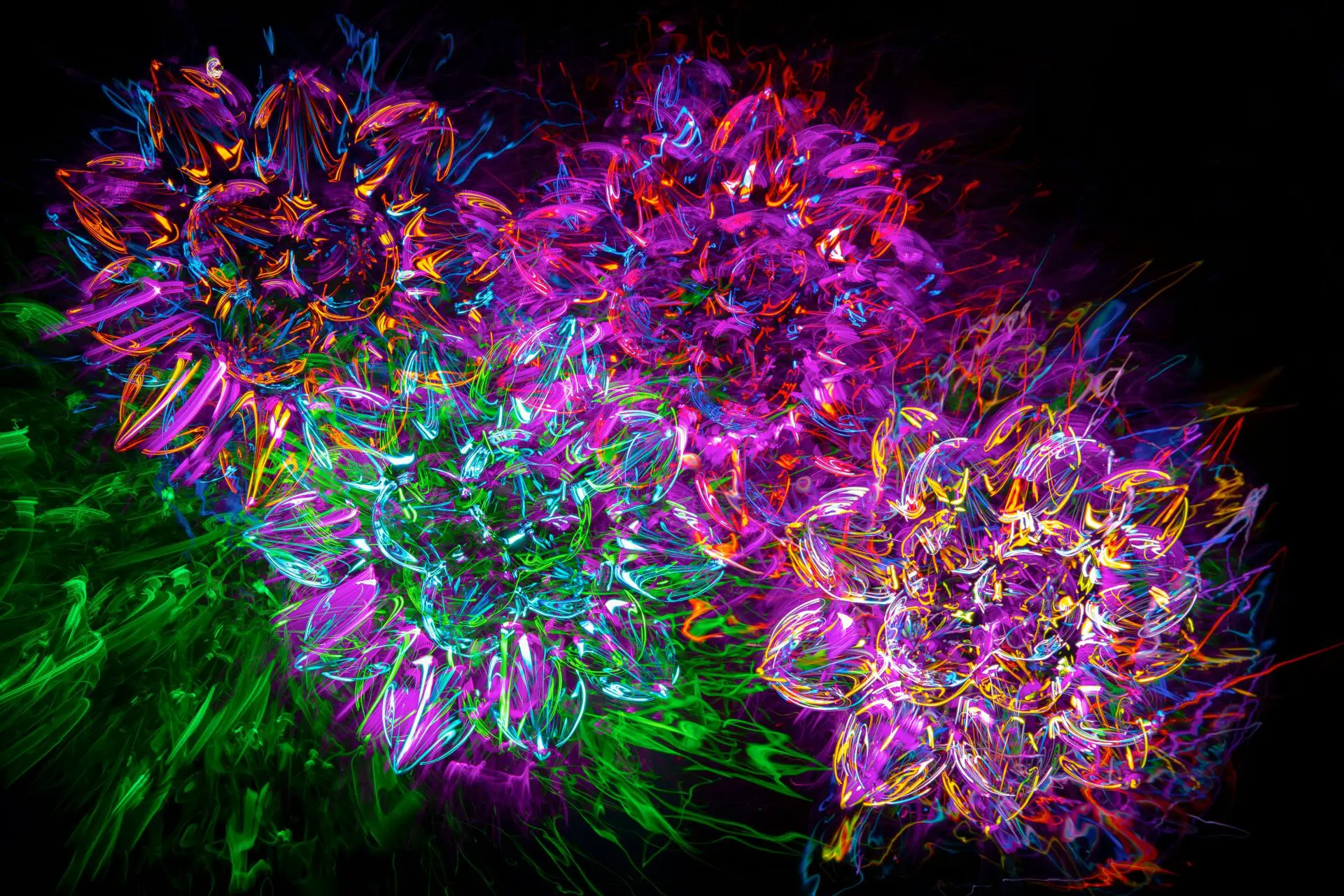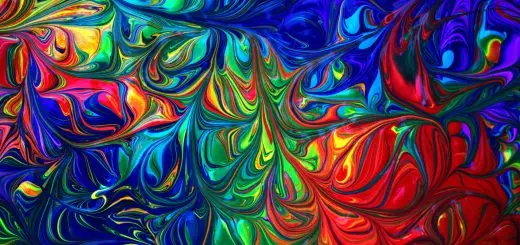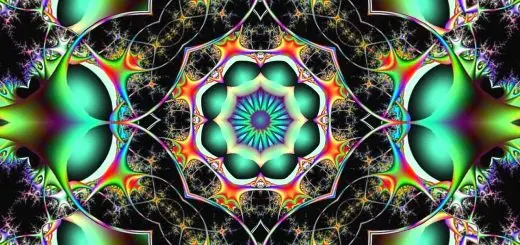The Mother Archetype: Nurturing and Caregiving

Looking for more amazing products? Check out our online store and explore our collection here! Happy shopping!
Before diving in, please note: This post is for informational purposes only. If you’d like to know more about how we approach topics, feel free to check out our friendly Disclaimer Page.
Hey there, amazing readers! 
We’re committed to delivering quality posts, and your support (even just sticking around despite the ads) means everything to us. So, bear with us, and thanks for helping us keep the good vibes rolling. Now, on to the fun stuff!
TRANSLATE BUTTON AT THE END OF THE ARTICLE
A Quick Overview
The Mother Archetype is a powerful and universal symbol found in various cultures and belief systems around the world.
It represents nurturing, caregiving, protection, and unconditional love.
This archetype goes beyond the biological role of motherhood and embodies the qualities of compassion, empathy, and support.
Understanding the Mother Archetype can provide insights into our relationships, behaviors, and psychological patterns.
Let’s delve into the origins, characteristics, symbolism, and psychological impact of this profound archetype.
Exploring the Mother Archetype
The Mother Archetype, as proposed by renowned psychologist Carl Jung, is one of the primary archetypes that shape our collective unconscious.
It is a fundamental part of the human psyche and influences how we perceive and interact with the world around us.
The Mother Archetype is not limited to biological mothers but encompasses anyone who embodies the nurturing and caregiving qualities traditionally associated with motherhood.
This archetype is deeply ingrained in our psyches and can influence our beliefs, values, and behaviors in profound ways.
Origins of the Mother Archetype
The origins of the Mother Archetype can be traced back to ancient mythologies, folklore, and religious texts.
In many cultures, the mother figure is revered as a symbol of fertility, creation, and sustenance.
The archetype of the mother goddess, such as Demeter in Greek mythology or Isis in Egyptian mythology, embodies the nurturing and life-giving aspects of the Mother Archetype.
These ancient stories and symbols have influenced our understanding of motherhood and caregiving across generations.
Characteristics of the Mother Archetype
The Mother Archetype is characterized by qualities such as compassion, empathy, protection, and unconditional love.
Those who embody this archetype are often seen as nurturing, supportive, and caring.
They provide comfort, guidance, and emotional sustenance to those around them.
The Mother Archetype also encompasses the ability to create, nurture, and sustain life in all its forms.
This archetype represents the nurturing and caregiving aspects of the feminine principle, regardless of gender identity.
Symbolism of Nurturing and Caregiving
The symbolism of nurturing and caregiving associated with the Mother Archetype is deeply rooted in our collective consciousness.
It represents the life-giving and sustaining aspects of the feminine energy.
The image of the mother cradling her child, providing nourishment and protection, is a universal symbol of love and care.
This symbolism extends beyond biological motherhood to encompass all forms of nurturing and support that we experience throughout our lives.
The Mother Archetype reminds us of the importance of compassion, empathy, and unconditional love in our relationships and interactions.
Cultural Representations of Mothers
In various cultures around the world, mothers are revered and celebrated for their roles as caregivers and nurturers.
Mother’s Day, celebrated in many countries, is a testament to the universal recognition of the importance of mothers in society.
Cultural representations of mothers in art, literature, and folklore often depict them as wise, loving, and selfless beings who prioritize the well-being of their children above all else.
These representations reflect the universal nature of the Mother Archetype and its significance in shaping our understanding of maternal love and caregiving.
Psychological Impact of the Mother Archetype
The Mother Archetype plays a significant role in shaping our psychological development and interpersonal relationships.
Our early experiences with nurturing figures, whether biological or symbolic, can influence our attachment styles, emotional patterns, and self-perception.
Those who have positive experiences with nurturing figures may develop secure attachments and a strong sense of self-worth.
Conversely, individuals who lack nurturing experiences may struggle with trust, intimacy, and self-esteem.
Understanding the Mother Archetype can help us navigate our emotional landscapes and cultivate healthier relationships.
Evolutionary Significance of Mothering
From an evolutionary perspective, mothering and caregiving behaviors have played a crucial role in the survival of our species.
The bond between mother and child, characterized by nurturing, protection, and emotional connection, ensures the well-being and development of offspring.
This evolutionary significance underpins the Mother Archetype as a fundamental aspect of our collective unconscious.
The instinctual drive to nurture, protect, and care for others is deeply ingrained in our biological makeup and reflects the adaptive value of these behaviors throughout human history.
The Shadow Side of the Mother Archetype
While the Mother Archetype is often associated with positive qualities such as nurturing and caregiving, it also has a shadow side that can manifest as overprotectiveness, smothering, or emotional manipulation.
The shadow aspect of the Mother Archetype represents the darker, more destructive aspects of maternal energy.
Individuals who struggle with the shadow side of this archetype may exhibit codependent behaviors, boundary issues, or difficulties in letting go.
Recognizing and integrating the shadow side of the Mother Archetype is essential for achieving balance and psychological wholeness.
Mother Archetype in Literature and Mythology
The Mother Archetype is prevalent in literature, mythology, and storytelling across cultures and time periods.
Characters such as Mother Nature, the Earth Mother, or the nurturing goddesses in mythological tales embody the timeless qualities of maternal love, protection, and wisdom.
These archetypal figures serve as symbols of fertility, creation, and renewal, reflecting the enduring power of the Mother Archetype in shaping narrative traditions.
Through these stories, we gain insights into the complexities of human nature, relationships, and the eternal cycle of life and death.
Modern Interpretations of Motherhood
In modern society, the concept of motherhood has evolved to encompass a diverse range of experiences, identities, and family structures.
The traditional roles of mother as caregiver and nurturer have expanded to include working mothers, single mothers, same-sex parents, and chosen families.
Modern interpretations of motherhood celebrate the resilience, strength, and adaptability of individuals who navigate the complexities of raising children in a rapidly changing world.
The Mother Archetype continues to inspire and guide us as we redefine what it means to be a mother in the 21st century.
Embracing the Mother Within
Embracing the Mother Archetype within ourselves involves cultivating qualities of compassion, empathy, and nurturing care towards ourselves and others.
By acknowledging and integrating this archetype, we can tap into our capacity for unconditional love, emotional support, and creative expression.
Embracing the Mother within allows us to nurture our inner child, heal emotional wounds, and cultivate a sense of wholeness and self-acceptance.
This process of self-nurturing and self-compassion is essential for personal growth, resilience, and emotional well-being.
Balancing the Mother Archetype
Finding balance with the Mother Archetype involves acknowledging both its light and shadow aspects and integrating them into our consciousness.
Balancing the nurturing and caregiving qualities of this archetype with boundaries, self-care, and autonomy is essential for healthy relationships and emotional well-being.
By recognizing when we are giving too much of ourselves or neglecting our own needs, we can establish a more harmonious relationship with the Mother Archetype.
Striking a balance between nurturing others and nurturing ourselves allows us to embody the true essence of maternal love and compassion in a sustainable and fulfilling way.
Conclusion
The Mother Archetype represents the universal qualities of nurturing, caregiving, and unconditional love that transcend cultural boundaries and time.
Understanding this archetype can provide valuable insights into our psychological development, relationships, and self-awareness.
By embracing the Mother within ourselves and finding balance with its light and shadow aspects, we can cultivate a deeper sense of compassion, empathy, and emotional resilience in our lives.
The Mother Archetype serves as a guiding force that reminds us of the transformative power of love, care, and connection in shaping our human experience.

The Enlightenment Journey is a remarkable collection of writings authored by a distinguished group of experts in the fields of spirituality, new age, and esoteric knowledge.
This anthology features a diverse assembly of well-experienced authors who bring their profound insights and credible perspectives to the forefront.
Each contributor possesses a wealth of knowledge and wisdom, making them authorities in their respective domains.
Together, they offer readers a transformative journey into the realms of spiritual growth, self-discovery, and esoteric enlightenment.
The Enlightenment Journey is a testament to the collective expertise of these luminaries, providing readers with a rich tapestry of ideas and information to illuminate their spiritual path.
Our Diverse Expertise
While our primary focus is on spirituality and esotericism, we are equally passionate about exploring a wide range of other topics and niches 

To ensure we provide the most accurate and valuable insights, we collaborate with trusted experts in their respective domains 
Our blog originally focused on spirituality and metaphysics, but we’ve since expanded to cover a wide range of niches. Don’t worry—we continue to publish a lot of articles on spirituality! Frequently visit our blog to explore our diverse content and stay tuned for more insightful reads.
Hey there, amazing reader! 
Check out our store here and take a peek at some of our featured products below! Thanks for being awesome!














